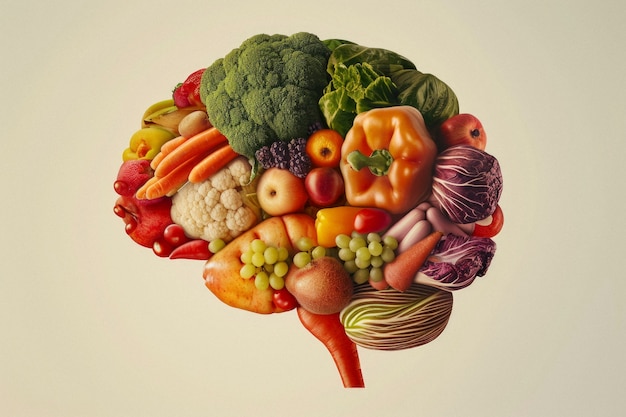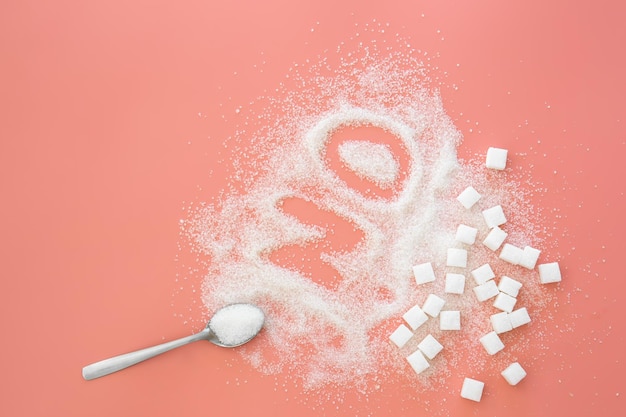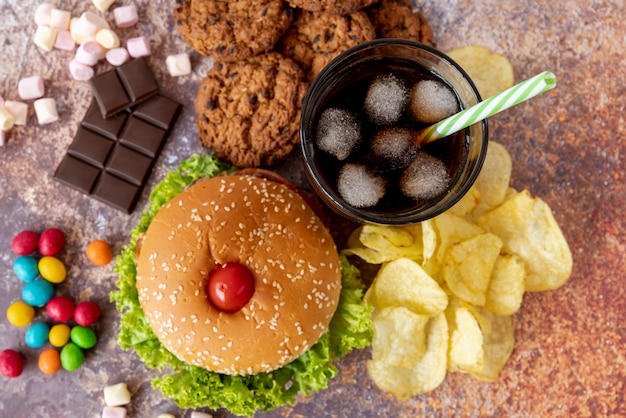For decades, artificial sweeteners have been marketed as a guilt-free alternative to sugar—perfect for weight management and blood sugar control. Found in everything from diet sodas to sugar-free desserts, these additives promise sweetness without the calories. But emerging science suggests a troubling trade-off: while they may spare your waistline, they could be quietly accelerating cognitive decline.
A large-scale study published in the journal Neurology tracked nearly 13,000 adults with an average age of 52 over a decade. Researchers analyzed dietary patterns and cognitive performance, focusing on the consumption of artificial sweeteners such as aspartame, sucralose, and acesulfame potassium. The findings were striking: participants with the highest intake of these sugar substitutes experienced a significantly faster rate of cognitive decline compared to those who consumed little or none.
The study controlled for variables like age, education, physical activity, and pre-existing health conditions, making the link between sweetener consumption and brain health harder to ignore. While the research does not prove causation, it adds to a growing body of evidence suggesting that artificial sweeteners may not be as benign as once believed.

The exact mechanisms are still under investigation, but scientists have proposed several plausible pathways:
The study found that middle-aged adults were particularly vulnerable. This is a critical window for brain health, as subtle cognitive changes during this period can set the stage for long-term neurological outcomes. Those who regularly consume diet beverages, sugar-free snacks, or low-calorie packaged foods may be unknowingly increasing their risk.
It’s worth noting that nearly half of all U.S. adults consume artificial sweeteners regularly, often under the assumption that they are a healthier choice. This widespread use amplifies the public health implications of these findings.
The study highlighted that certain sweeteners—particularly acesulfame potassium and sucralose—were more strongly associated with cognitive decline. Aspartame showed a weaker but still notable link. Natural alternatives like stevia and monk fruit were not included in the primary analysis, so their long-term effects on brain health remain less clear.
However, labeling any sweetener as “safe” may be premature. Even natural non-nutritive sweeteners can influence taste preferences and metabolic responses, potentially reinforcing a craving for overly sweet foods.

You don’t need to eliminate all sweet flavors from your diet, but it’s wise to reconsider how you get them. Here are practical steps to protect your brain health:
This research challenges the long-held belief that artificially sweetened products are inherently healthier. While they may help reduce sugar intake in the short term, their long-term impact on brain function raises serious concerns. Public health guidelines may need to evolve as more evidence emerges.
Ultimately, the best approach to brain health is a holistic one: a balanced diet rich in whole grains, vegetables, healthy fats, and lean proteins, combined with regular physical activity and good sleep hygiene.
Artificial sweeteners were once hailed as a dietary breakthrough. Now, science suggests they may come with hidden costs—especially for the brain. While more research is needed to fully understand the risks, the current evidence is strong enough to warrant caution. When it comes to brain health, nature’s sweetness—found in real, unprocessed foods—may still be the safest bet.

Health

Health

Health

Health

Health

Health

Health

Health

Health

Health

Health

Health

Health

Fitness

Health

Health